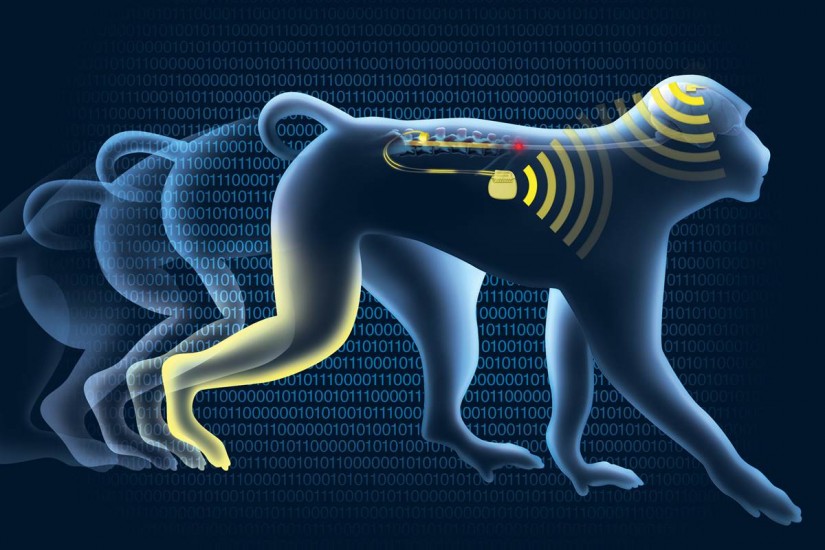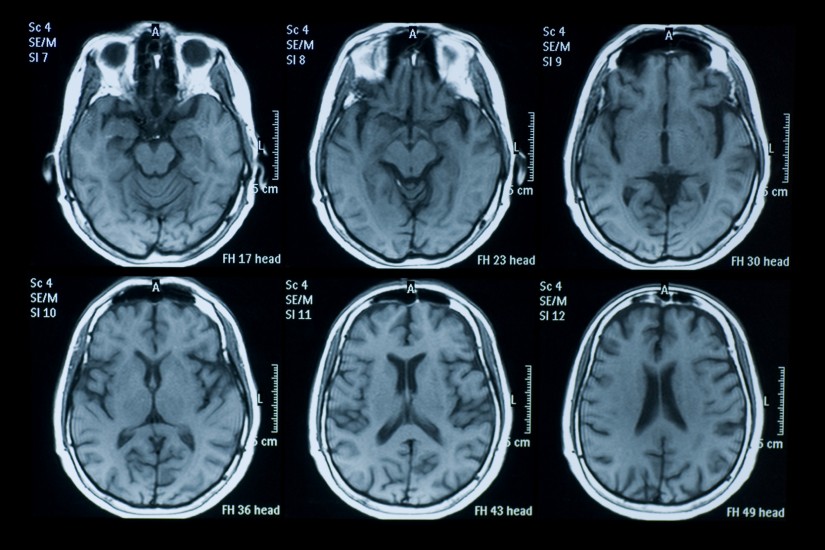How often do we take time out during the day to take a step back and really look at what we, as a whole, are doing on this planet? Most of us are solely concerned with the immediacy of our own lives — going to school, finding a job, and figuring out how we are going to pay bills, feed ourselves, and support the ones we love. And we aren’t to blame for doing so; we have been forced into this way of life. We are taught how the world works and what we need to do in order to survive in it from an early age. As such, we don’t question the wisdom of this path, and are considered strange, even subversive if we choose to stay from it. The sad reality is that we need little pieces of paper representing figurative value in order to survive here. We must pay for our lives.
What’s even worse is that it doesn’t have to be this way. Imagine living on a planet where everybody had their basic needs met: it might seem beyond our gasp, but our species has both the potential and the resources to create this type of existence. However, we need to change as human beings, from the inside out, in order for this to happen. We also have to tackle the monopoly of the corporations and the big banks, who use our elected officials as puppets and as entertainment; we must take away their control over our world.
While we struggle with this conditioned servitude, we are also brainwashed on a daily basis through mass marketing. Corporations today literally dictate what we think we want and need. They control our thoughts and desires, and as a result we continue to consume and they continue to expand, through globalization, at an alarming rate. They wield a tremendous amount of power; they can essentially program us like robots.
And the programs they create do not merely motivate and perpetuate our desire for material wealth, but also govern our perception of what is happening on our planet. This has been going on for decades, and represents one significant reason why our planet is in such a desperate condition. Why do we all desire the same things? Why are these ‘things’ seen as symbols of necessity and success? Why do we need to consume more and more, and why do some feel like outsiders when they cannot (or will not) do so?
“The conscious and intelligent manipulation of the organized habits and opinions of the masses is an important element in democratic society. Those who manipulate this unseen mechanism of society constitute an invisible government which is the true ruling power of our country. We are governed, our minds are molded, our tastes formed, our ideas suggested, largely by men we have never heard of.”
– Edward Bernays (“the father of public relations”), Propaganda, 1928
Is this what we’ve really become? A race of people wanting things? Whether it’s a house, a car, or other material goods, our desire for ‘stuff’ has consumed our lives to the point where we have stopped paying attention to the planet, and what’s actually happening to it. As a result, we have become collectively ignorant, without any clue of what’s going on behind the scenes and little desire to know, because that would force us to accept uncomfortable truths — and perhaps even step outside our comfort zones and change.
“There are essentially only two drugs that Western civilization tolerates: Caffeine from Monday to Friday to energize you enough to make you a productive member of society, and alcohol from Friday to Monday to keep you too stupid to figure out the prison that you are living in.”
– Bill Hicks
The video below illustrates what happens with these material goods, over and over. It seems like it never stops. It was done but Steve Cuts, who has some great images and videos on his Facebook page that we encourage you to check out.
Things Are Changing
We are currently experiencing a massive awakening that has been in the works for many years now. It’s not a secret anymore that a small group of elite, the corporations they run, and the big banks basically control everything. Many people have told us this, the most recent example being Bernie Sanders in a debate with Hillary Clinton; he let the world know that it doesn’t matter who is elected president because the big banks are really the ones pulling the strings and making decisions. Apart from that, we have numerous examples of corporations dictating and pushing government policy; the Trans Pacific Partnership is one clear instance of this in practice.
This group of elite has gained control over our education, health, finance, economics, energy, and more, but people are continuing to oppose them. Genetically Modified Foods are one example of this pushback — over the past two years alone millions of people around the world have protested and lobbied against them. As a result of their efforts, dozens of countries have now banned both the import and growth of GMOs.
Despite the many cards stacked against our doing so, human beings are beginning to see the futility of chasing material wealth. We are finally starting to pay attention, to think critically, and these are the first, most vital steps towards action and change. More and more people are becoming passionate about changing the human experience, and that’s exactly what we need at this time.




